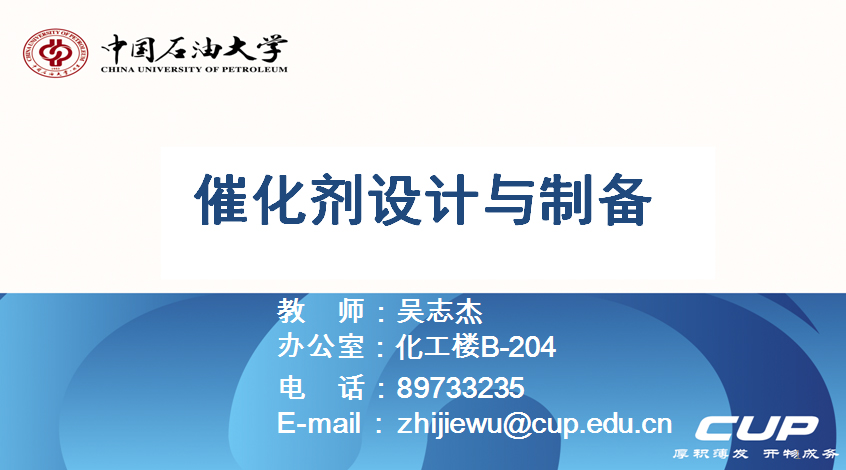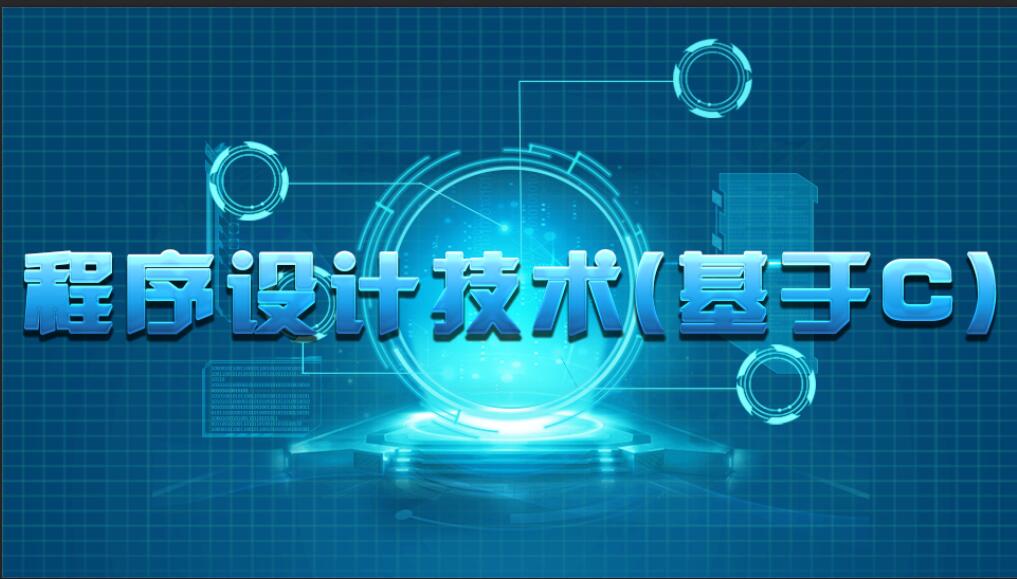
当前课程知识点:Hospitality English > 2 MEET AND GREET > 2.2 Meet and Greet at Accommodations > 2.2.4 The LAST approach
返回《Hospitality English》慕课在线视频课程列表
In this video, you will learn about the LAST approach in accommodation services.
Do you think the staff should adopt the LAST approach? Why? Discuss some other methods or techniques to solve customer problems at hospitality services.
返回《Hospitality English》慕课在线视频列表
住宿中的见面与问候的第四个方面是 LAST方式
那么 什么是 LAST方法
又如何利用它给顾客提供优质的服务呢
基本上 LAST这个词是四个词的缩写
L代表倾听 A代表道歉
S代表解决问题 T代表感谢
客户的思维
行为和成熟度都会不同
因此 LAST方法基本上是用来
处理愤怒或不满意的客户
LAST方法中L代表倾听
当酒店接待顾客 顾客对酒店服务不满意时
他/她可能会联系前台
他们可以列举出为什么对酒店服务不满意的问题
在这种情况下 工作人员需要认真听取顾客的意见
并询问 有什么可以帮助您
或者说 我们会尽最大努力尽快解决这个问题
另一方面 如果员工没有认真听取顾客的意见
或者对顾客的问题置之不理那么就会导致顾客的不满
LAST方法中的A代表道歉
如果不满意的顾客对员工粗暴 生气
那么负责任的员工应该保持冷静
礼貌 友好 并向顾客道歉
尽量让顾客冷静下来 确保自己是在努力帮助他们
进一步 S代表解决问题
如果问题很容易解决 并且有可能让生气的顾客满意
那么 让顾客确信
你正在解决这个问题 使事情变得顺利
如果员工不知道如何解决这个问题
或者不是员工能力范围内的问题
那么员工应该礼貌地说
我不知道如何解决这个问题
让我跟我的经理确认一下
并清楚地告诉经理他所有的情况
最后 LAST方法中的T代表感谢
最后 感谢顾客是非常重要的
员工应该说 谢谢你让我们知道这个情况
或者 谢谢你让我们注意到这个问题
最后以积极友好的微笑结束
酒店员工喜不喜欢顾客并不重要
重要的是顾客喜不喜欢酒店服务
酒店依附于顾客
但顾客并不依附于单个酒店
所以 单个酒店希望顾客再来
或者传播酒店的正面口碑
有一个问题要问你
当你遇到生气或不满意的顾客时你觉得该如何应对
所给的三张图片显示了员工的不同反应
图片A表示顾客不满意
并把问题告诉了员工
但员工很困惑 不知道该说什么 该如何应对
这可能是因为缺乏解决问题的能力
从图B中可以看出 员工看起来很有礼貌
面带微笑 认真倾听问题
努力让顾客满意
但在图片C中 我们可以看到员工的反应很复杂
对顾客表现出情绪或愤怒
所以 利用LAST法 本题的答案可以是B
你的另一个问题是
为什么顾客关怀在酒店业或旅游业中很重要
是的 答案可以是为了客户的满意度忠诚度
和正面的口碑
前面已经说过
顾客为王 旅游行业是依附于顾客的
满意的顾客可以成为忠诚的顾客
可以传播正面的口碑
因此 在旅游行业中 顾客关怀是很重要的
再问你一个问题
一个糟糕的客户服务会给酒店行业带来什么影响
是的 答案可以是
糟糕的客户服务会毁掉酒店的声誉
不满意的顾客会传播负面的口碑
酒店业会失去顾客和顾客收入
服务失败与顾客满意是相反的
它可以在几个小时内病毒式传播 造成负面形象
-1.1 Hospitality and Tourism
--1.1.1 Introduction of hospitality
--1.1.2 Introduction of tourism (1)
--1.1.3 Introduction of tourism (2)
--1.1.4 Basic conception of tourism (1)
--1.1.5 Basic conception of tourism (2)
-1.2 Tourism Industries
--1.2.4 Convention & exhibition
--1.2.5 Entertainment & recreation
-1.3 Nature of Tourism Businesses
--1.3.2 Characteristics of hospitality
--Week 1 Quiz
-2.1 Basic Approaches and Etiquette of Hospitality
--2.1.1 Basic approaches and etiquette of hospitality
-2.2 Meet and Greet at Accommodations
--2.2.3 Know how to offer more
-2.3 Meet and Greet at Other Situations of Hospitality
--2.3.1 At transportation services
--2.3.3 At conventions and exhibitions
--2.3.4 At entertainment and recreation situations
-2.4 Communication Skills of Online Travel Agency
--2.4.1 Communication skills of online travel agency
--Week 2 Quiz
-3.1 Culture and Communication
--3.1.2 The characteristics of culture
--3.1.3 What is communication?
--3.1.5 Myths of communication
-3.2 Barriers to Cross-cultural Communication
-3.3 Cross-cultural Communication
--3.3.2 Cross-cultural verbal communication
--3.3.3 Hofstede's cultural dimensions (1)
--3.3.4 Hofstede's cultural dimensions (2)
-3.4 International Practice in Cross-cultural Communication
--3.4.1 International practice in cross-cultural communication
--Week 3 Quiz
-4.1 Getting to Know Tourism Literature
--4.1.1 Significance of tourism literature
--4.1.2 Proper way to choose for reading
-4.2 Capturing the Main Ideas
--4.2.1 Starting with the title & abstract
--4.2.2 Following the structure to focus
--4.2.3 Identifying topic sentences
-4.3 Accumulating Idiomatic Expressions
--4.3.1 Expressions of defining & categorizing
--4.3.2 The extensive use of passive voice
-4.4 Summarizing Reading & Thinking
--4.4.1 Writing a summary of your readings
--4.4.2 Taking notes of your thinking
--Week 4 Quiz
-5.1 What Is A Literature Review
--5.1.1 The definition and types of literature review
--5.1.2 Systematic approaches of literature review
-5.2 Collection and Analysis of Literature
--5.2.2 Methods of literature collection
--5.2.3 Analysis of literature
-5.3 Content of Literature Review
--5.3.1 Concepts, propositions, and theories
--5.3.2 Conceptualization and theoretical framework
--5.3.3 Operationalization of the research framework
-5.4 Evaluate Your Literature Review
--5.4.1 Evaluation of your literature review
--Week 5 Quiz
-6.1 Basic Structure of MTA Thesis/Project
--6.1.5 Reference and acknowledgement
-6.2 Stages of Completing a Thesis
--6.2.1 Thesis initiation stage - research design
--6.2.2 Thesis initiation stage -research methodology(1)
--6.2.3 Thesis initiation stage - research methodology(2)
--6.2.4 Thesis initiation stage - research proposal
--6.2.5 Thesis writing and completion stage
-6.3 Essentials in Managing a Successful Thesis
--Week 6 Quiz
--Final Quiz

